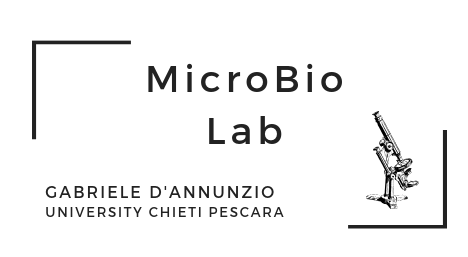Helicobacter pylori is a bacterium capable of entering a quiescence state called dormancy that allows it to persist in the host and adapt to environmental stress. The presence of dormant H. pylori cells, refractory to drug treatment, can interfere with the microbial eradication, leading to antibiotic treatment failure. In the first step of this study, the authors evaluated the progression of physiological changes from a metabolic active state (related to H. pylori spiral shape) to dormant form (related to H. pylori coccoid shape), establishing the correct times and conditions in which H. pylori switches in the dormant coccoid shape. In the final step of the study, the authors investigated the role of Vitamin C in the inhibition and/or resuscitation of dormant states and its potential use in a combined therapy to improve the eradication rate considering different morphology states. Vitamin C is able to reduce the incidence of dormant state, promoting the resuscitation rate. The pre-treatment with Vitamin C in a combined therapy, could favor the selection of microbial vegetative forms that are more susceptible to H. pylori therapeutic schemes.
Suggested by Prof.ssa Mara Di Giulio for you
